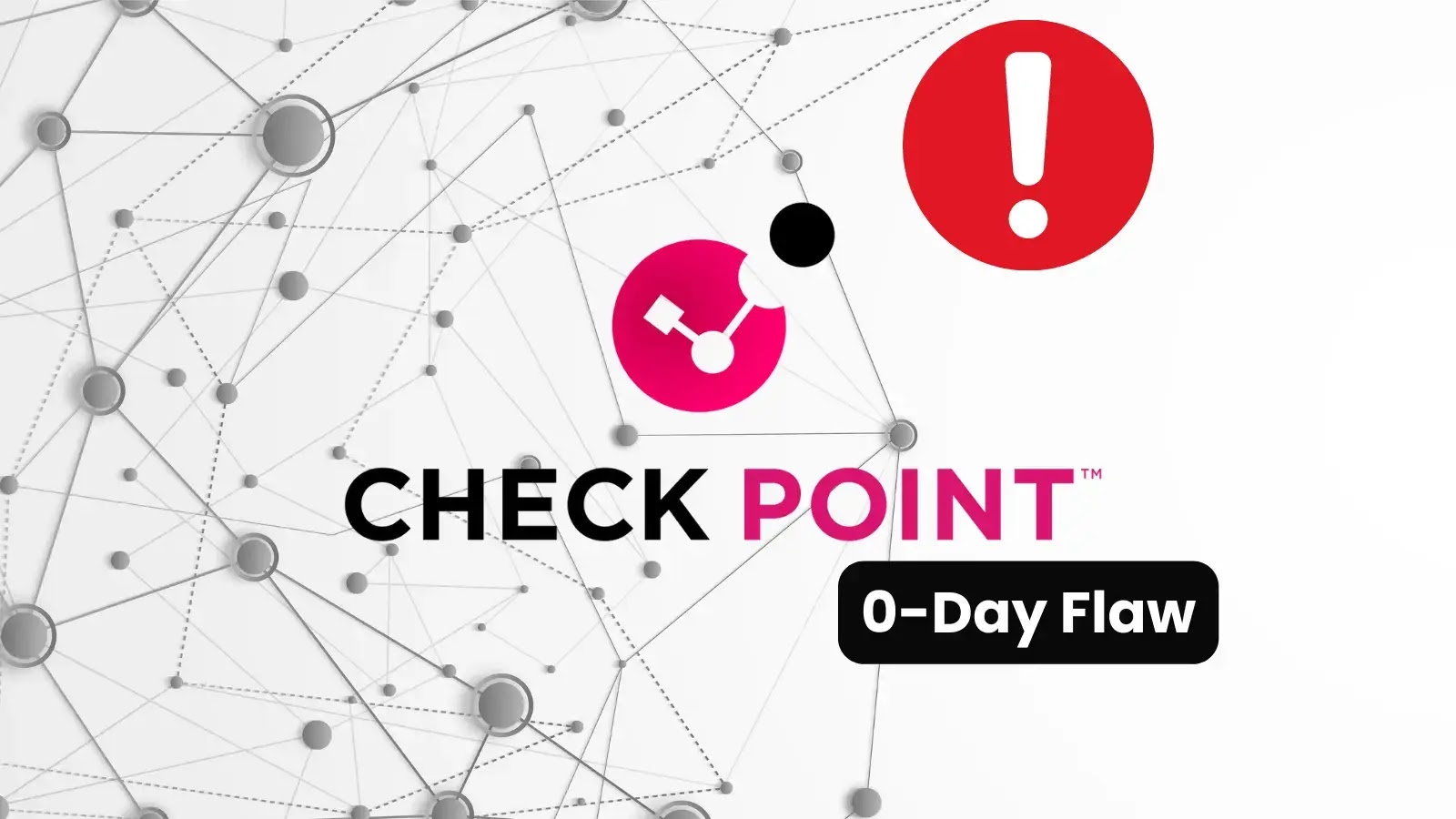Cybersecurity experts have identified a critical zero-day vulnerability in Checkpoint’s security software that hackers are actively exploiting.
The flaw assigned to the identifier CVE-2024-24919 poses a significant threat to organizations relying on Checkpoint’s solutions for their cybersecurity needs.
Details of the Vulnerability – CVE-2024-24919
The vulnerability, CVE-2024-24919, affects multiple versions of Checkpoint’s security software.
It allows attackers to execute arbitrary code remotely, potentially gaining full control over the affected systems.
A team of researchers discovered the flaw and reported it to Checkpoint, but before a patch could be released, malicious actors began exploiting it in the wild.
Looking for Full Data Breach Protection? Try Cynet’s All-in-One Cybersecurity Platform for MSPs:Try Free Demo
According to the ShadowServer Foundation tweet, hackers have exploited this zero-day flaw to launch targeted attacks against various organizations.
You can now track Check Point CVE-2024-24919 attack activity on our Dashboard at https://t.co/Iz3px6f0VwIn the last 72 hours, 26 src IPs seen attempting exploitation.Make sure to check for compromise and update! Advisory and hot fix details – https://t.co/UqPSLvv3JX pic.twitter.com/hUY0qH6iG2— The Shadowserver Foundation (@Shadowserver) June 3, 2024
The attacks have been sophisticated, leveraging the vulnerability to bypass security measures and infiltrate networks.
The primary targets appear to be large enterprises and government agencies relying heavily on Checkpoint’s security solutions.
Checkpoint’s Response
Checkpoint has acknowledged the vulnerability and is working diligently to develop and distribute a patch.
In a statement, the company urged its customers to remain vigilant and apply any available mitigations until the official fix is released.
They also recommended monitoring network traffic for any unusual activity indicating an attempted exploitation.
While waiting for the official patch, experts recommend the following steps to mitigate the risk:
Apply Temporary Fixes: Checkpoint has provided temporary fixes and workarounds that can help reduce the risk of exploitation.
Monitor Network Traffic: Monitor network traffic closely for any signs of unusual activity or potential breaches.
Update Security Policies: Review and update security policies to ensure they are robust enough to handle potential threats.
Educate Employees: Train employees on recognizing phishing attempts and other common attack vectors that could be used in conjunction with this vulnerability.
The discovery and active exploitation of the CVE-2024-24919 zero-day flaw in Checkpoint’s security software highlight the ever-present threat of cyberattacks.
Organizations must remain proactive in their cybersecurity efforts, applying patches and mitigations as soon as they become available.
Staying informed and vigilant as the situation develops will be key to minimizing the impact of this critical vulnerability.
Are you from SOC and DFIR Teams? – Analyse Malware Incidents & get live Access with ANY.RUN -> Sign up for free.



